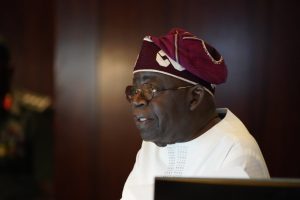Abuja, Nigeria – As Nigeria joined the global commemoration of Children’s Day, a prominent human rights organisation, the Grassroots Center for Rights & Civic Orientation, has voiced deep concern over the ongoing teachers’ strike in the Federal Capital Territory (FCT), warning of its severe impact on children’s right to education.
In a press statement released on May 27, 2025, the Center highlighted that while Children’s Day is a moment to celebrate the innocence and potential of childhood, for many Nigerian children, it serves as a stark reminder of “deprivation, social inequities and marginalization.”
The group specifically bemoaned the situation in Abuja, where primary school pupils have been out of school for “several months” due to an industrial dispute by the Nigeria Union of Teachers (NUT). The Grassroots Center argued that this prolonged absence from school is “mortgaging and undermining” the future of these children, particularly girls and those with disabilities.
In a strong rebuke, Armsfree Ajanaku, Executive Director of the Grassroots Center for Rights & Civic Orientation, called on the Chairmen of the six Area Councils in the FCT to either “resolve the issues, which caused the strike or resign their offices.” He stated that parents of affected pupils “can no longer cope with the trauma of their children being forced to stay at home.”
The Center emphasised that the strike not only threatens the right to education for children in public schools but also “symbolizes a broader neglect of children’s welfare.” It expressed dismay that while other nations are investing comprehensively in education to prepare their children for the future, those in Nigeria’s capital city are being compelled to remain at home.
The organisation urged authorities to “speedily address this situation,” calling for adequate funding for education, improved infrastructure and facilities in public schools, proper remuneration and training for qualified teachers, and the provision of necessary resources. The statement concluded by asserting that it is a “collective responsibility to ensure that every Nigerian child receives the support they need to thrive and has access to quality education.”





Add Comment